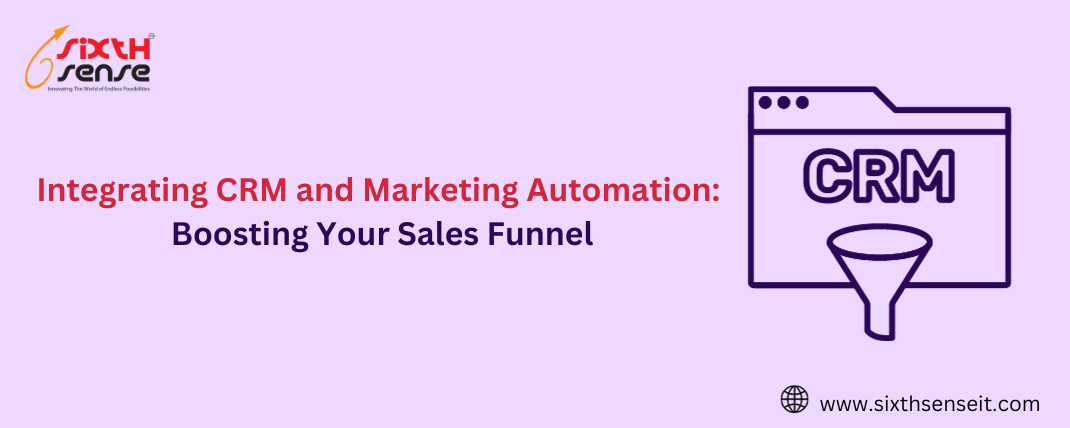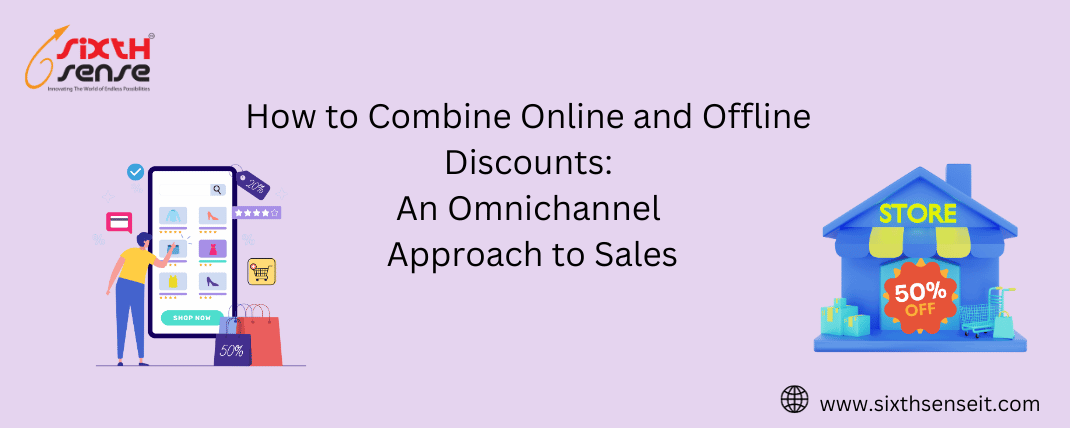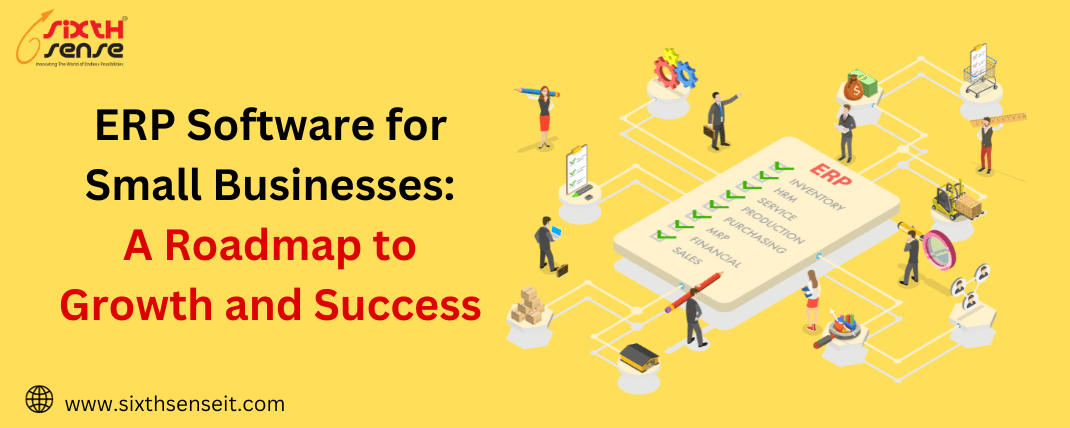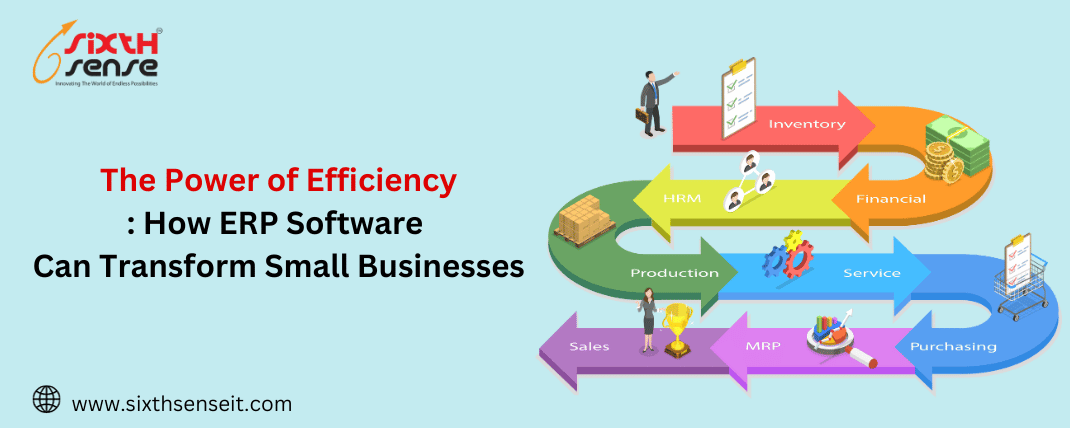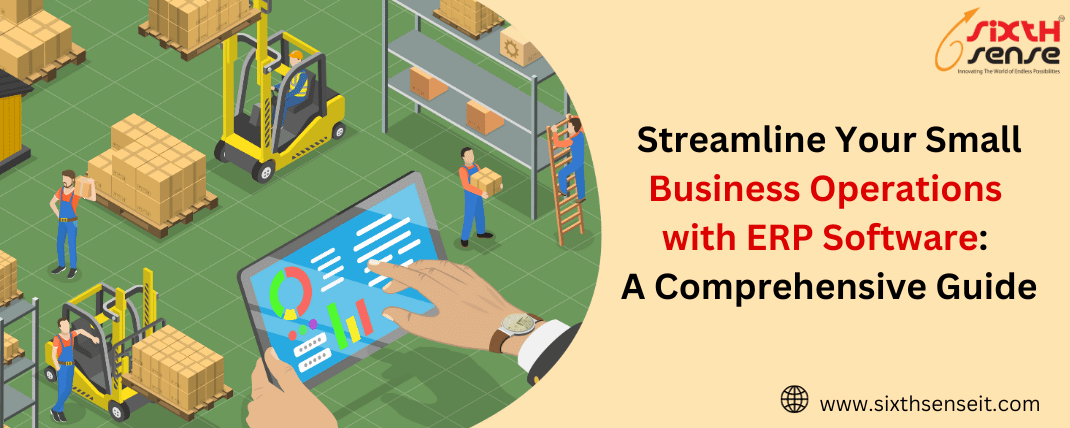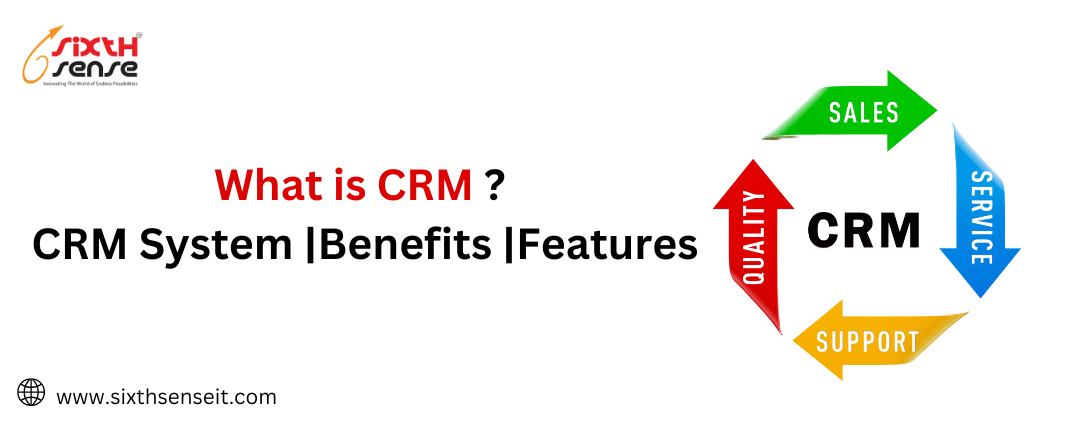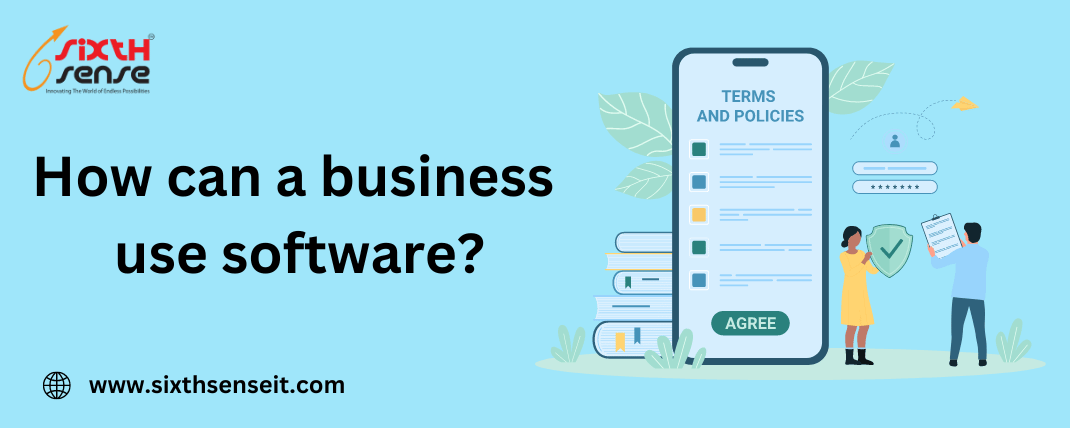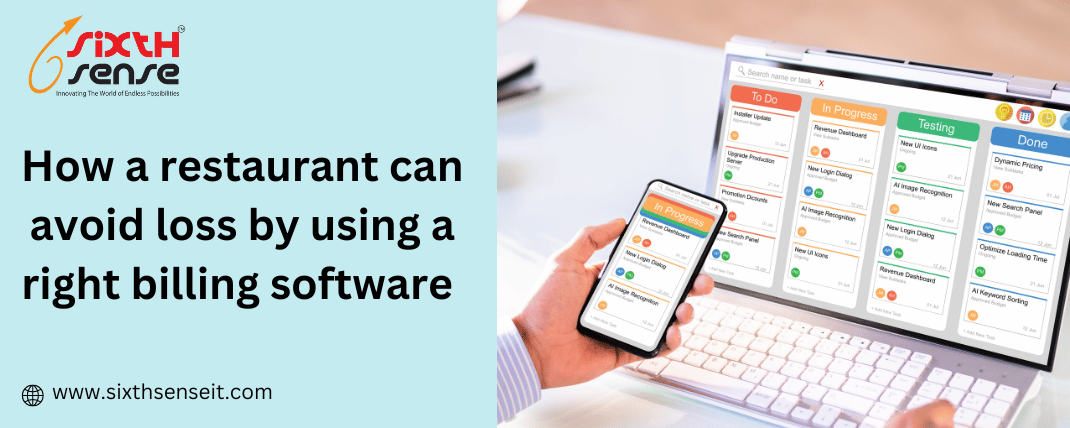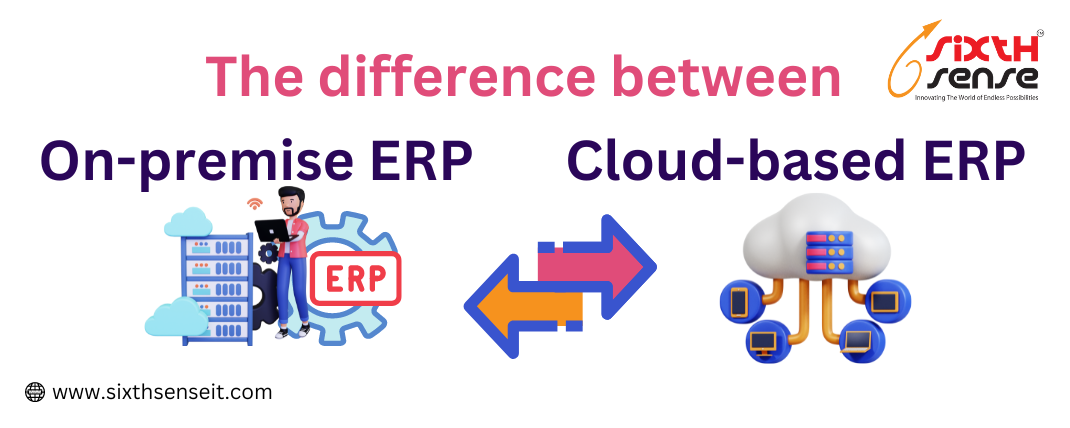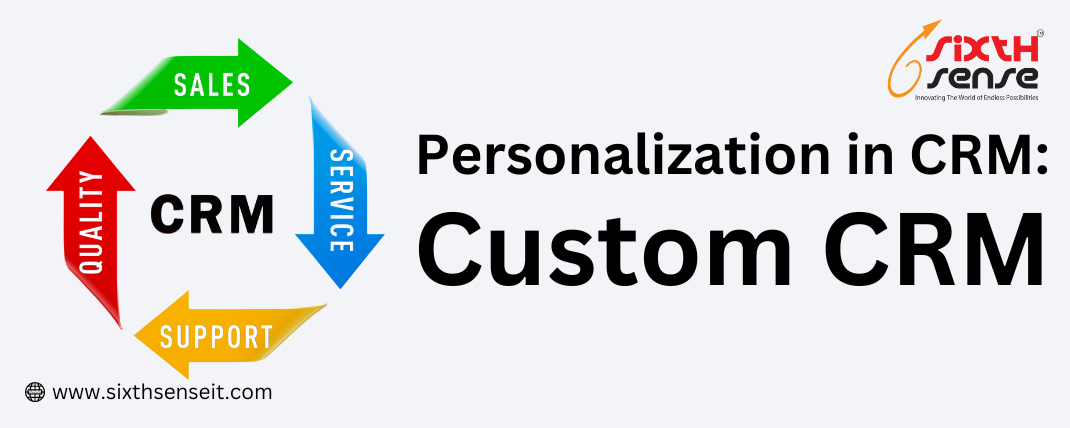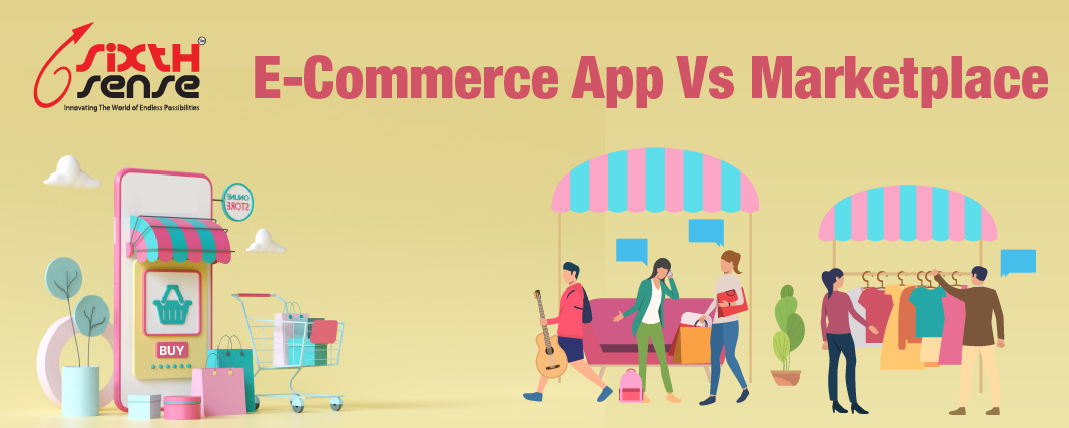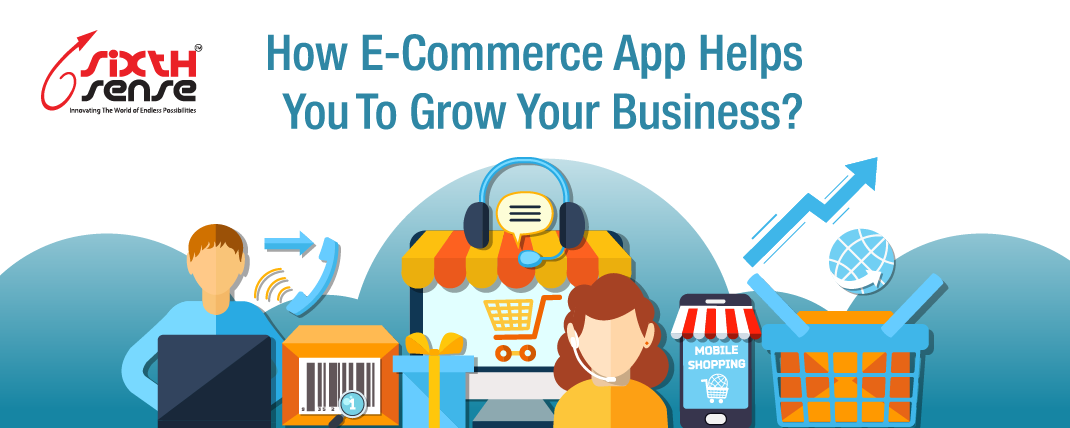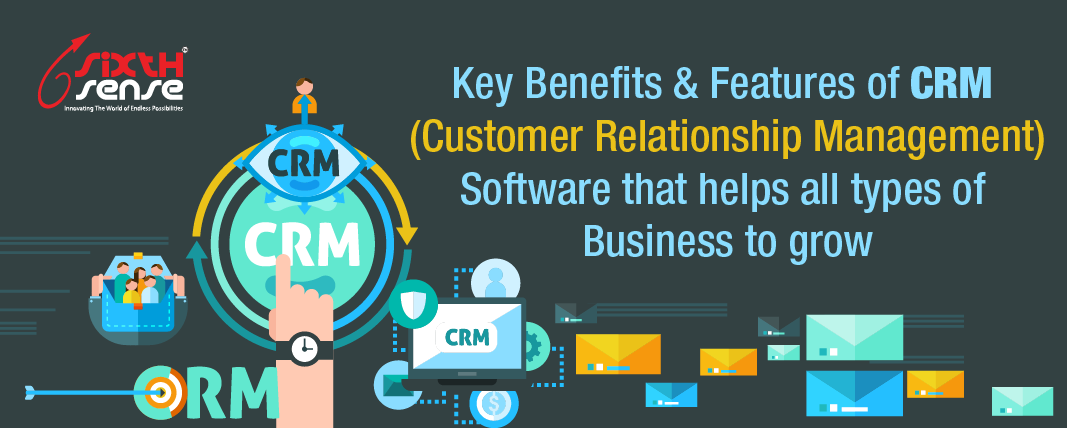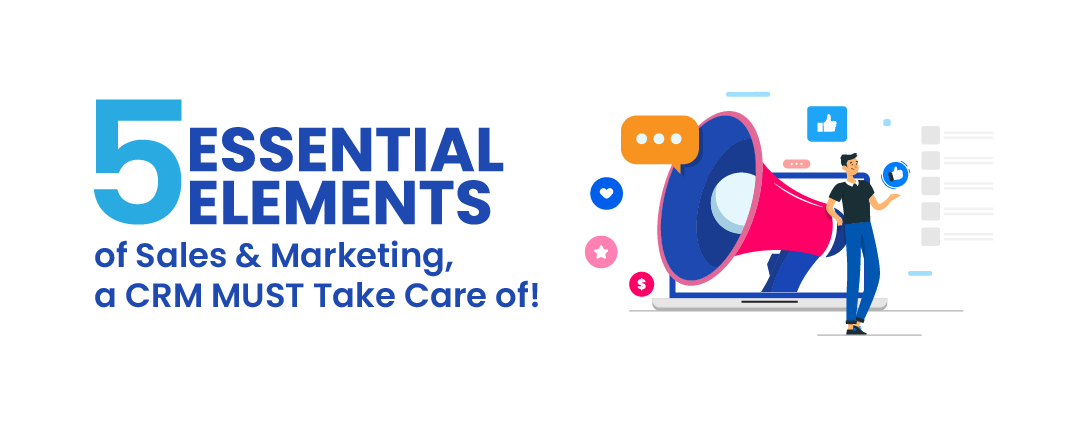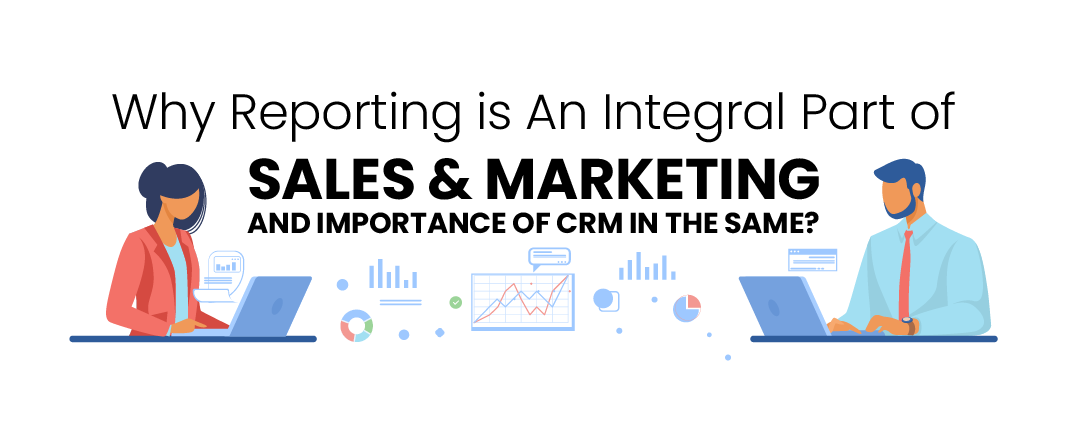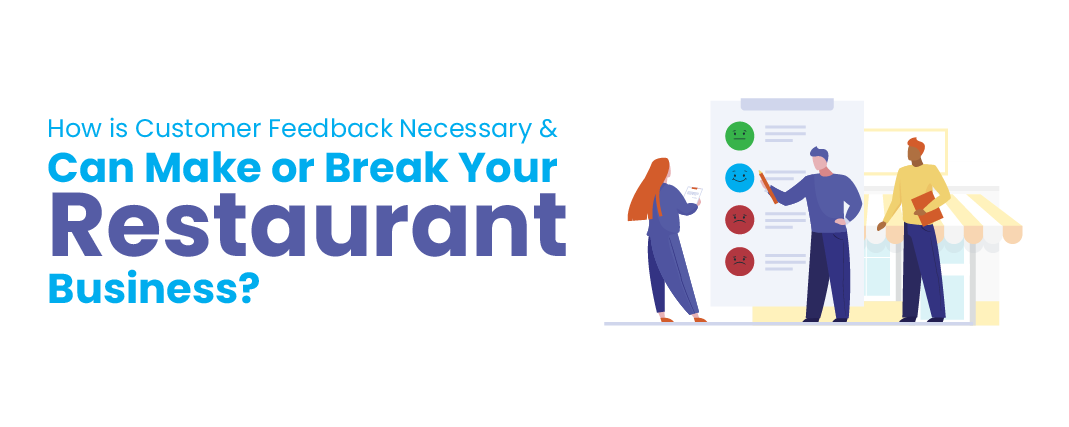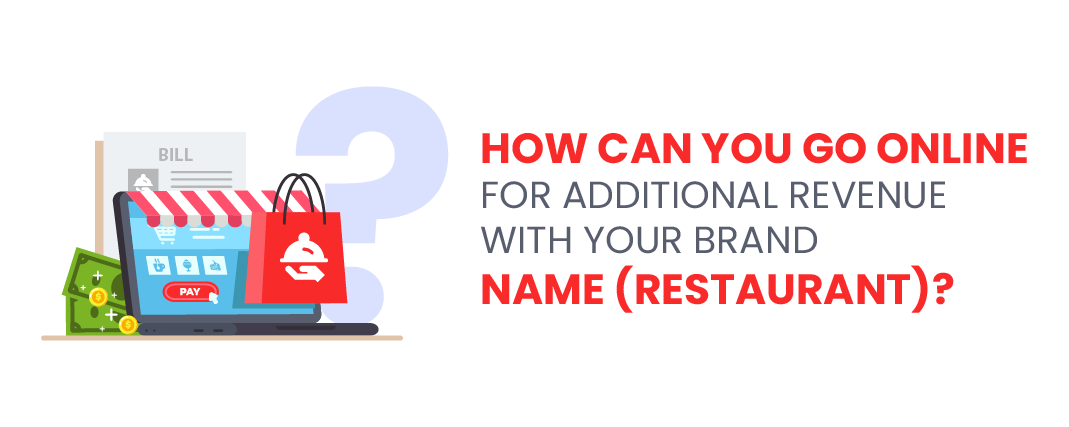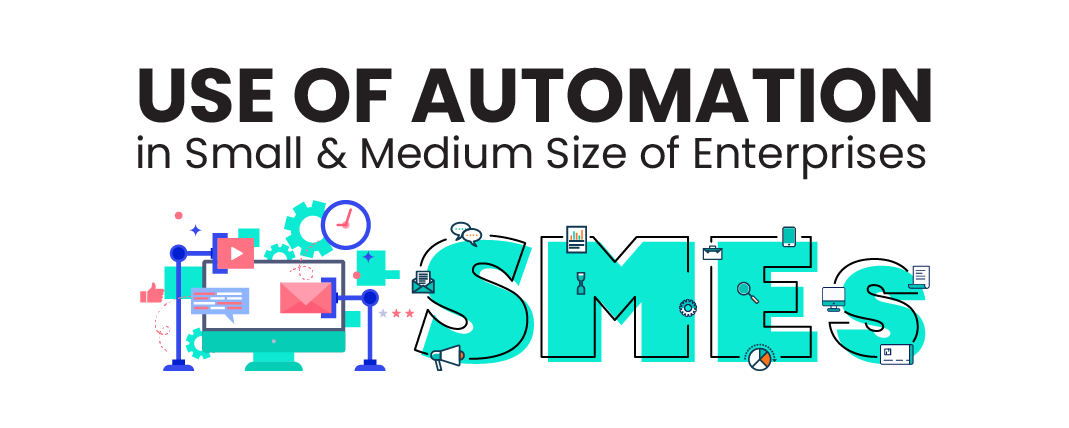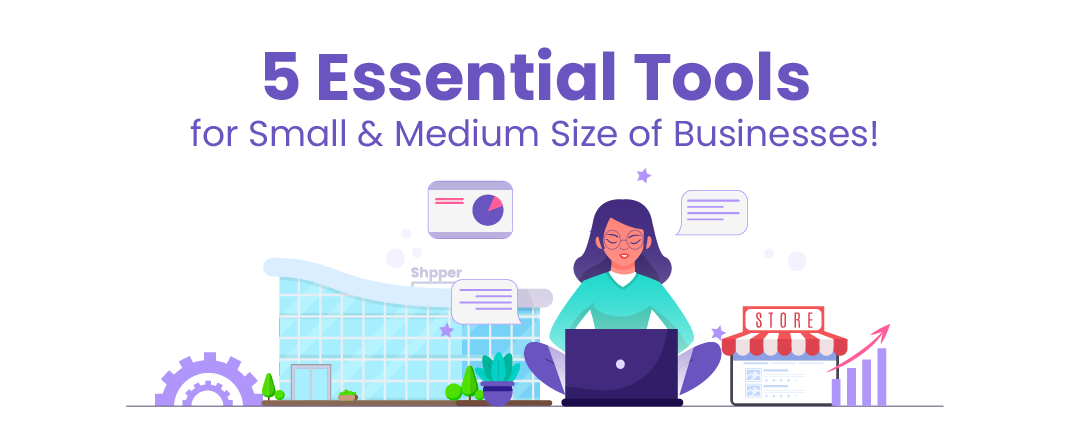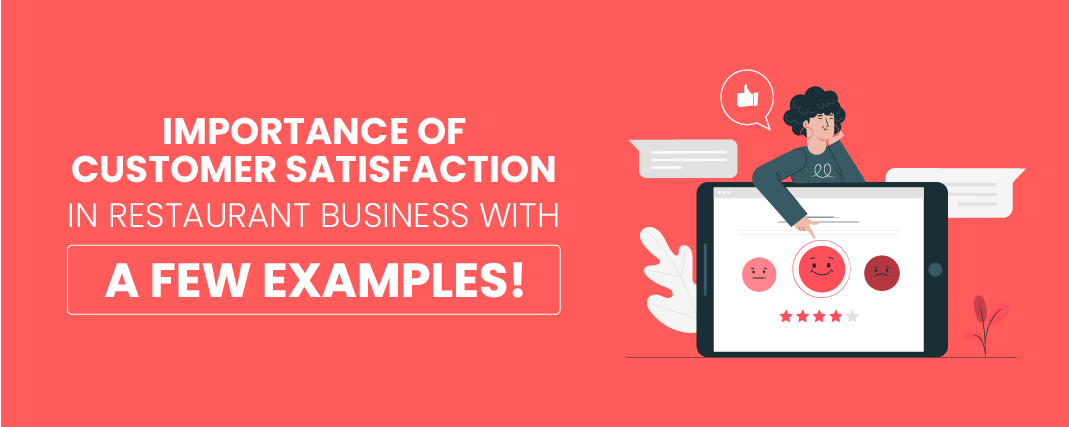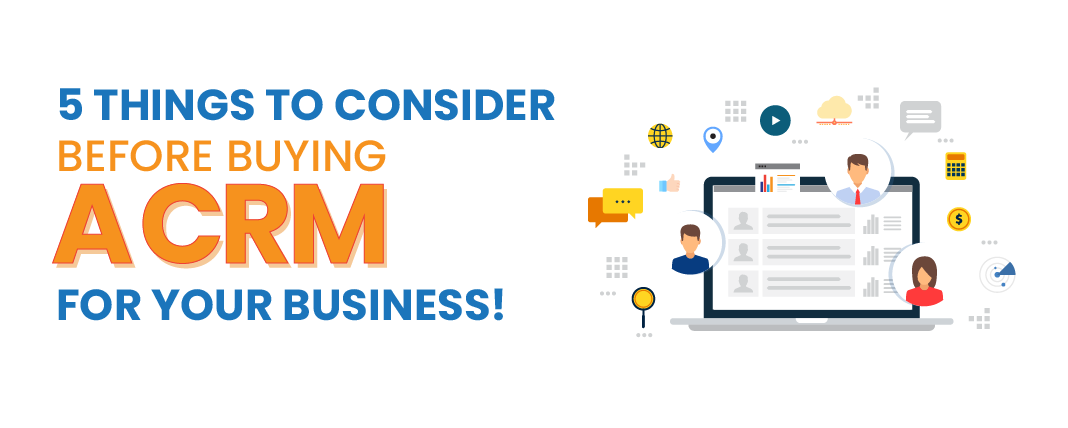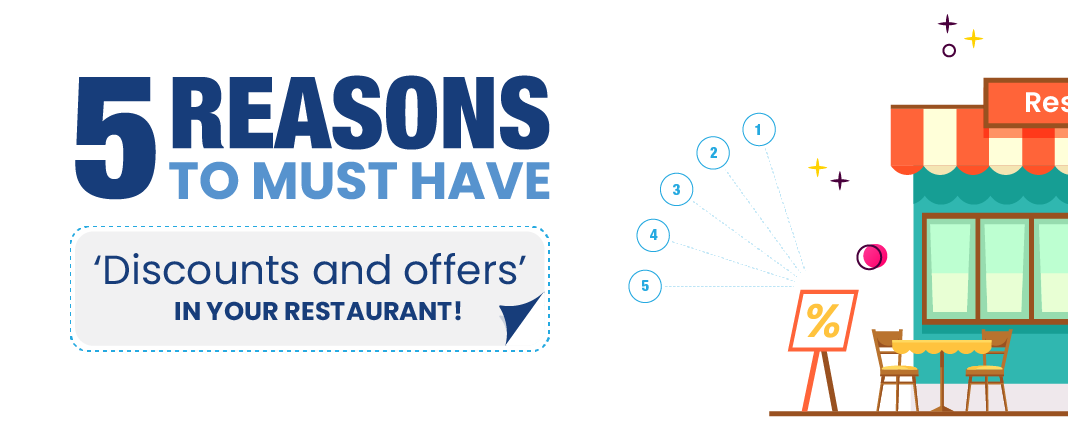
How to use e-commerce platforms to expand reach and increase sales

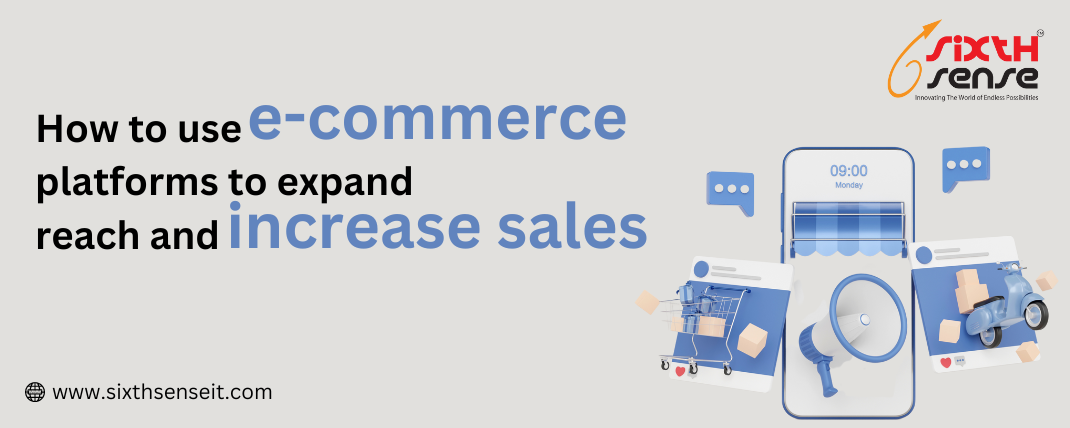
E-commerce platforms are software solutions that enable businesses to sell products and services online. These platforms allow businesses to create an online store, manage inventory, process payments, and ship products to customers. E-commerce platforms also provide a range of tools and features to help businesses optimize their online store and increase sales.
There are several types of e-commerce platforms available, including hosted platforms, open-source platforms, and software-as-a-service (SaaS) platforms.
Hosted platforms are usually managed by a third-party provider, who handles the hosting, maintenance, and security of the e-commerce platform. Examples of hosted e-commerce platforms include Shopify and BigCommerce.
Open-source platforms, on the other hand, allow businesses to customize and modify the platform to suit their specific needs. Popular open-source e-commerce platforms include Magento, WooCommerce, and PrestaShop.
SaaS e-commerce platforms offer a subscription-based model where businesses can pay a monthly fee to access the e-commerce platform. These platforms typically come with pre-built templates and integrations, making them easy to set up and use. Examples of SaaS e-commerce platforms include Squarespace and Wix.
E-commerce platforms provide businesses with a range of benefits. They offer a cost-effective way to sell products and services online, without the need for a physical storefront. They also allow businesses to reach a wider audience, expand their reach globally, and offer customers the convenience of shopping online. In addition, e-commerce platforms offer a range of features and tools to help businesses optimize their online store and increase sales, such as search engine optimization, product reviews, and promotional offers.
In conclusion, e-commerce platforms are an essential component of modern business, providing an efficient and cost-effective way to sell products and services online. Whether you are a small business or a large corporation, choosing the right e-commerce platform can help you expand your reach and grow your business.
In today's digital age, e-commerce has become an essential part of many businesses. With the increasing popularity of online shopping, e-commerce platforms have opened up new opportunities for companies to expand their reach and increase sales. By leveraging the power of e-commerce, businesses can take their products to a global audience and achieve new levels of success.
When it comes to choosing an e-commerce platform, there are a number of factors to consider. You will need to look at the features, pricing, user-friendliness, and customization options. Some of the popular e-commerce platforms are Shopify, Magento, WooCommerce, BigCommerce, and Volusion. Research and compare each of these platforms before making a decision.
Once you have selected your e-commerce platform, the next step is to optimize your product listings. This means adding high-quality images, product descriptions, and all relevant details. The better your product listings, the more likely they are to be found by customers searching for similar products. Use relevant keywords, clear product descriptions, and add product videos if possible.
Social media is a powerful tool for reaching new customers and promoting your products. Share your products on social media platforms like Facebook, Instagram, Twitter, and Pinterest. These platforms allow you to showcase your products to a large audience and engage with potential customers. You can also use social media to run targeted ads and promotions to specific audiences.
Offering discounts and promotions is a great way to attract new customers and retain existing ones. You can offer discounts on specific products, free shipping, or bundle deals. This will encourage customers to buy more and increase their lifetime value. You can also use promotions to drive traffic to your e-commerce platform and increase visibility.
Customer service is an essential component of any successful e-commerce platform. Respond to customer queries and complaints promptly, and provide them with excellent support throughout their buying journey. This will help you build a positive reputation and encourage customers to leave positive reviews and feedback.
Email marketing is another effective way to reach customers and promote your products. You can use email marketing to send newsletters, promotional offers, and product updates. This will help you stay top of mind with your customers and encourage repeat purchases.
Cross-selling and upselling strategies are effective ways to increase the average order value and encourage customers to buy more. Cross-selling involves suggesting complementary products to customers, while upselling involves offering customers an upgraded or more expensive version of a product. E-commerce platforms provide features to help businesses implement cross-selling and upselling strategies, such as product bundles and related product recommendations.
More and more customers are using their mobile devices to shop online. Therefore, it's essential to optimize your e-commerce store for mobile devices. E-commerce platforms offer responsive designs that adjust to the screen size of any device, ensuring that your customers can easily navigate your online store and make purchases from their mobile devices.
User-generated content, such as customer reviews, photos, and videos, is a powerful way to build trust with potential customers and increase sales. E-commerce platforms provide features to enable user-generated content, such as review and rating systems, social sharing buttons, and customer galleries.
Analytics is an essential component of any successful e-commerce strategy. E-commerce platforms offer analytics tools to track your store's performance, such as sales, traffic, conversion rates, and customer behavior. By analyzing this data, you can identify areas for improvement and optimize your online store to increase sales.
Offering multiple payment options is an effective way to increase customer satisfaction and reduce shopping cart abandonment rates. E-commerce platforms offer a range of payment options, such as credit cards, PayPal, Apple Pay, and Google Wallet.
Free shipping is a popular incentive that encourages customers to make a purchase. E-commerce platforms provide features to help businesses offer free shipping, such as minimum purchase thresholds, promotional codes, and flat-rate shipping.
In conclusion, e-commerce platforms provide businesses with an excellent opportunity to expand their reach and increase sales. By choosing the right platform, optimizing your product listings, using social media, offering discounts, providing excellent customer service, and leveraging email marketing, you can achieve success in the online marketplace. Take advantage of these tips and watch your business grow.



